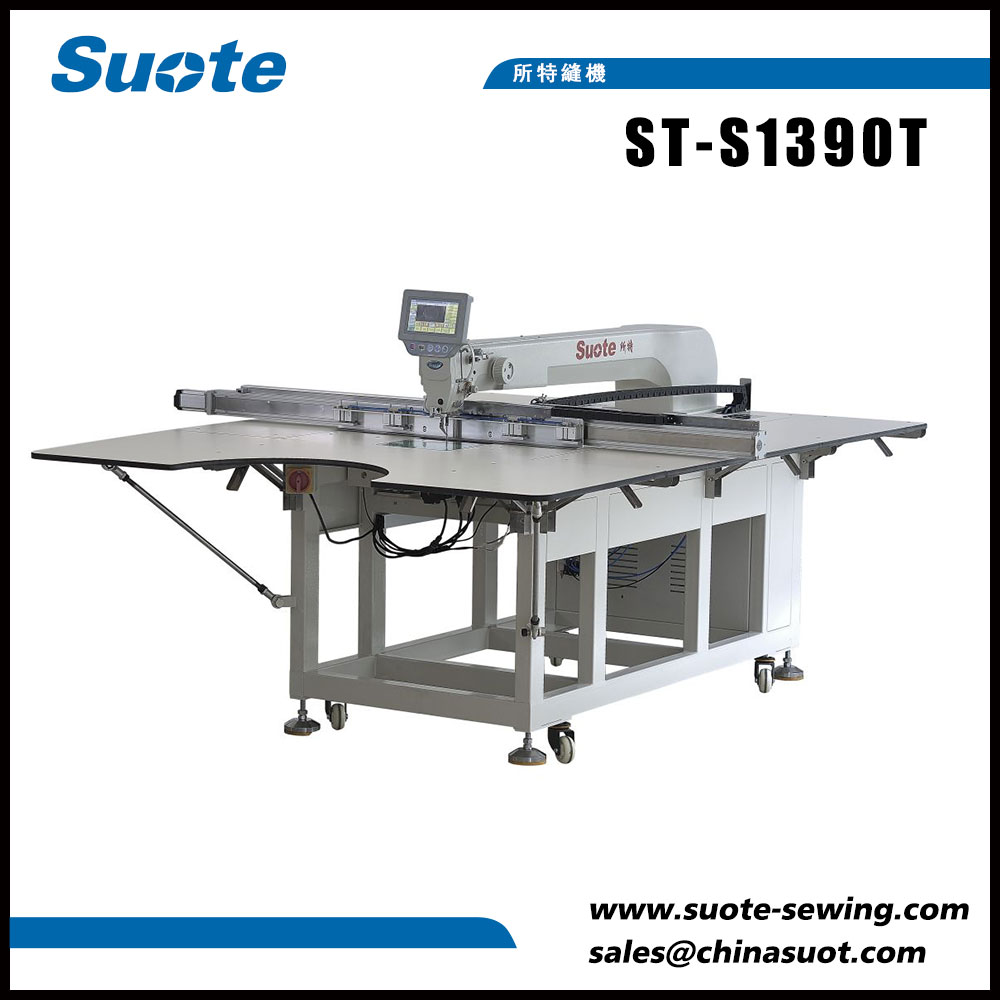Information about Intelligent Template Machine
2024-07-27
An Intelligent Template Machine (ITM) refers to a system or software designed to create, manage, and automate templates for various purposes, often utilizing artificial intelligence and machine learning. These templates can be used in a wide range of applications, from document generation and email marketing to software development and data processing. Here are some key features, applications, and benefits of an Intelligent Template Machine:
Key Features:
1. AI-Driven Automation: Utilizes AI algorithms to automate the creation and customization of templates, making the process more efficient and reducing manual effort.
2. Customizable Templates: Provides a library of pre-designed templates that can be customized to meet specific needs and requirements.
3. Data Integration: Can integrate with various data sources to dynamically populate templates with relevant information.
4. Natural Language Processing (NLP): Uses NLP to understand and generate human-like text, enhancing the quality and relevance of the templates.
5. User-Friendly Interface: Offers an intuitive interface that allows users to easily create and modify templates without requiring advanced technical skills.
6. Multi-Channel Support: Supports multiple output formats and channels, such as PDFs, HTML, email, and print.
7. Collaboration Tools: Includes features for collaboration, allowing multiple users to work on templates simultaneously.
Applications:
1. Document Generation: Automatically generates business documents such as contracts, invoices, reports, and proposals.
2. Email Marketing: Creates personalized email templates for marketing campaigns, newsletters, and customer communications.
3. Software Development: Generates code templates, configuration files, and documentation for software projects.
4. Data Reporting: Produces dynamic reports and dashboards by integrating with data analytics platforms.
5. Customer Relationship Management (CRM): Customizes communication templates for customer support, feedback, and follow-ups.
6. E-commerce: Designs product listings, promotional materials, and order confirmations.
Benefits:
1. Increased Efficiency: Automates repetitive tasks, saving time and reducing errors.
2. Consistency: Ensures that all generated documents and communications adhere to brand guidelines and standards.
3. Scalability: Can handle large volumes of template generation, making it suitable for businesses of all sizes.
4. Personalization: Enables personalized content creation, enhancing customer engagement and satisfaction.
5. Cost Savings: Reduces the need for manual labor and associated costs.
6. Improved Accuracy: Minimizes the risk of human error, ensuring accuracy and reliability in generated content.
Implementation Considerations:
1. Integration Capabilities: Ensure the ITM can seamlessly integrate with existing systems and data sources.
2. User Training: Provide adequate training for users to maximize the benefits of the system.
3. Customization Flexibility: Choose a solution that offers a high degree of customization to meet specific business needs.
4. Security: Implement robust security measures to protect sensitive data and ensure compliance with regulations.
Examples of Intelligent Template Machines:
1. Templafy: A platform that provides intelligent document automation and template management for enterprises.
2. DocuSign: Offers AI-driven document generation and e-signature solutions.
3. Mailchimp: An email marketing platform that uses AI to create and optimize email templates.
4. PandaDoc: Provides document automation software for creating proposals, contracts, and quotes.
An Intelligent Template Machine can significantly enhance productivity, consistency, and personalization in various business processes.



